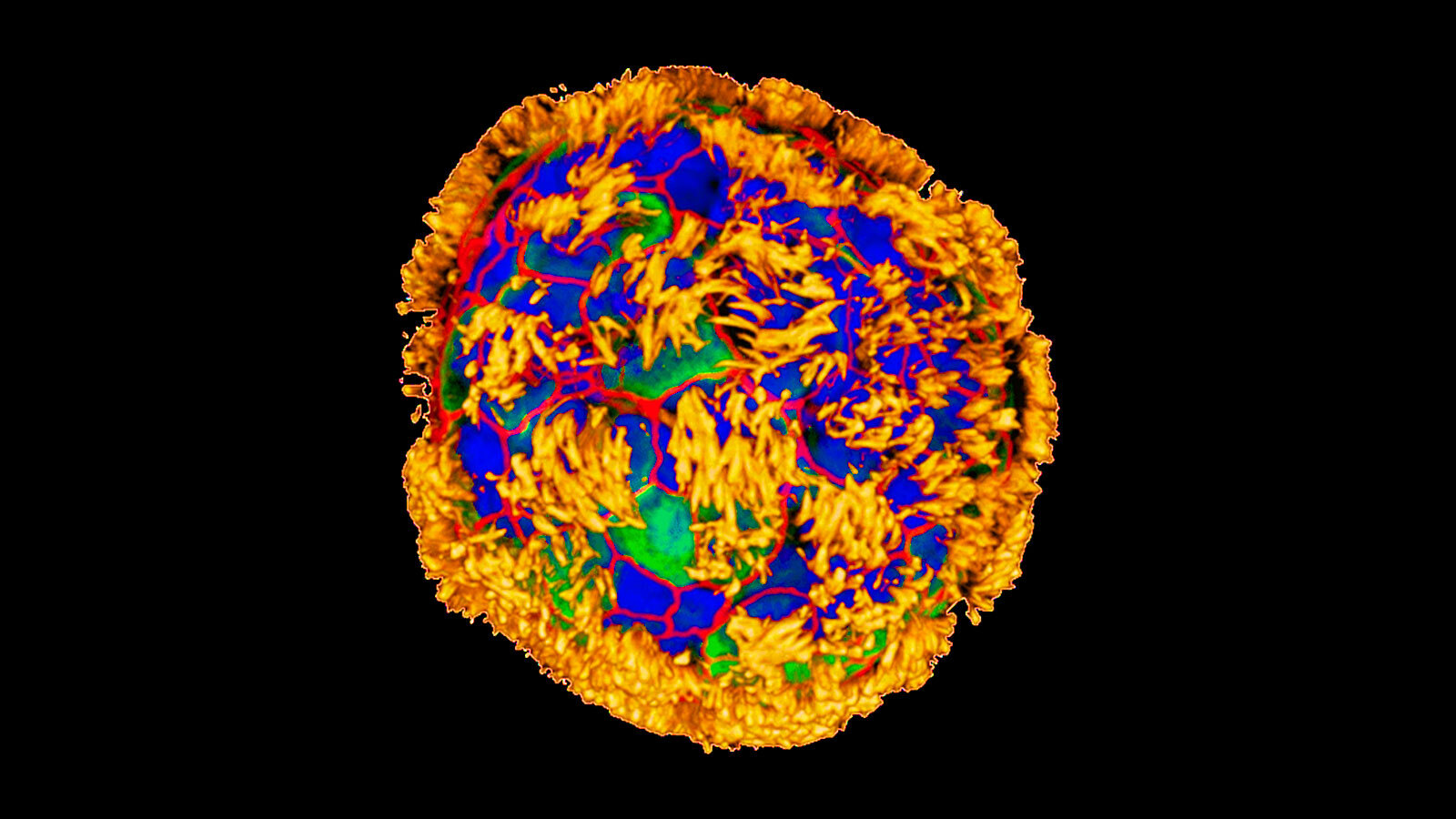DERREN BROWN: I did a show called Miracle, which is on Netflix at the moment, and the second half of it was faith healing, which was a bold move because I knew my audiences wouldn't believe in it any more than I do, which is not at all essential in terms of anything divine happening. And we are talking like that kind of evangelical faith healing—people being slain in the spirit and shaking around on stage and their aches and pains going and so on. I had seen a lot of that at work and was fascinated to see if I could get it to work and what that would mean within the context of a show where people are approaching it skeptically, like me. And it was amazing it was an extraordinary thing to do and to do every night and it did work very well. What I got from that and what it highlighted was the psychological component of suffering. And essentially the way that it works, the way that sort of healing works, aside from a few very specific tricks that some of those so-called healers use, and incidentally it's not remotely a criticism of religious belief it's kind of a scam that hijacks sincere belief in its own name so this is a criticism of the scam certainly not religion or anyone's belief. Aside from a few specific tricks that are like magic tricks that get pulled off, what's essentially happening psychologically, and this is what I created in the show, was you get a lot of adrenaline going because adrenaline is essentially a painkiller and if you've got an ache in your back but you're made to feel a bunch of adrenaline you're not going to feel that pain any more than if you've stubbed your toe and it hurts and a tiger walks into the room you're not going to be bothered by the toe you're just getting out in the room.
So, you create a lot of adrenaline and then generally the way these things work is you invite people forward and then there's a filtering process so by the time that people are coming up on stage they've been filtered to the people that are going to suit the show the best and have the best sort of testimony of what's just happened. And then the other aspect of it is that you're interrupting a story, you're interrupting the story that someone is living of their particular ailment. And this is where it gets really interesting because you start to see this gray area between—for example, somebody came up in the first week and they had been paralyzed down one side of their body since they were a child and she was in floods of tears because she could move her arm. And if you would have x-rayed her before and afterwards there's clearly nothing changes, but I was sort of reminded that I sort of had a bursitis in my shoulder I had like a bad shoulder and for a long time I had been putting on a jacket with a dead arm and my shoulder had sort of got better, but I just really got in the habit of putting on a jacket like this. And probably if someone had said your shoulder is healed and made a big deal of it and given me a little burst of adrenaline anyway and he said now put on your jacket normally I'm sure I would have done that and got oh my god that's amazing. How did you just do that? Which the reality is I could have done it like that anyway.
And I think at some level that's sort of way of you just get into a habit and you start to identify with a particular ailment seems to create sort of a large section of our experience of what's wrong with us and these sort of psychological processes, this sort of "healing"—in inverted commas—is highlighting that, it's leaning into that. So, it's very effective and I've had people years after that show saying that it worked—I thought it would maybe work for the five minutes they were on stage, but I've had people years afterwards saying I've watched the show on TV and my pain is gone, my golf injury is gone and we're dealing with very small percentages obviously so I'm not claiming anything beyond that it's very small percentages, but the experience of what someone's narrative is around their condition, combined with a bit of showmanship, it was kind of extraordinary and as a real skeptic myself going into it, it was fascinating. And then of course you start to see how the person doing it starts to go mad how you could see yourself as a god figure if you're doing it within that context because people are treating you as God because they're seeing God coming through. That's the illusion you're creating.






